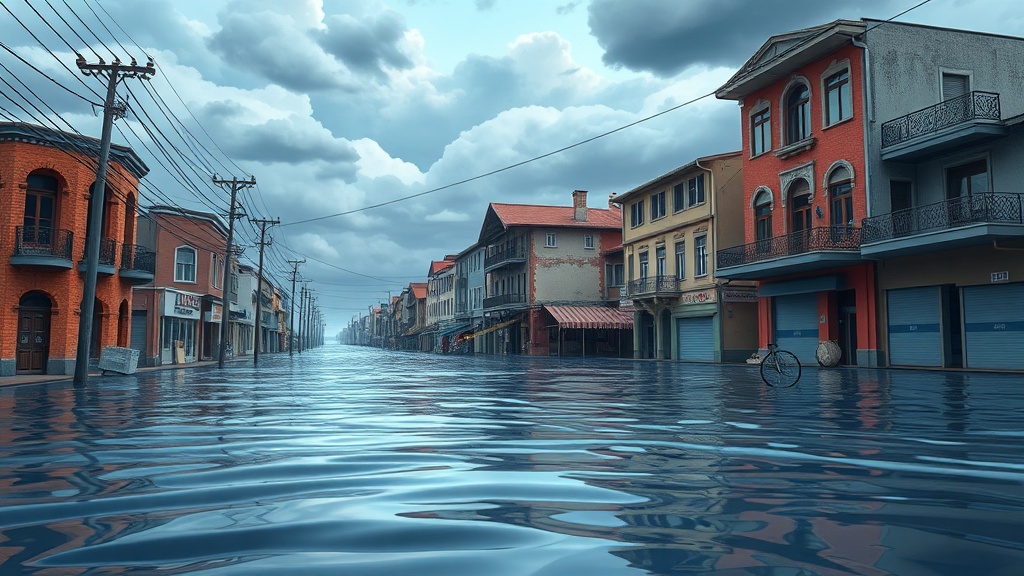Home / Environment / Midwest 'Climate Havens' Battered by Extreme Weather and Aging Infrastructure
Midwest 'Climate Havens' Battered by Extreme Weather and Aging Infrastructure
1 Oct
Summary
- Southeast Michigan hit by 6+ inches of rain in 2021, flooding homes
- Average disaster declarations doubled since 2000 due to weather events
- Legacy cities in Great Lakes region face significant climate change impacts

As of October 1st, 2025, cities in the Midwest and Great Lakes region that were once considered "climate havens" are now facing the harsh realities of a changing climate. These legacy cities, including Ann Arbor, Duluth, and Buffalo, are contending with a surge in extreme weather events and aging infrastructure that is struggling to keep up.
In 2021, a storm dumped over 6 inches of rain on southeast Michigan, overloading stormwater systems and flooding homes. This type of unexpected disaster has become all too common, with the average number of federal disaster declarations for weather-related events nearly doubling since 2000.
The impacts of climate change are becoming increasingly apparent in these so-called "haven" cities. Warmer air is causing more frequent, intense, and longer-lasting storms, leading to widespread damage to energy grids and significant flooding. Heavy rainfall and extreme winter storms have also heightened the risk of waterborne disease outbreaks.
Older cities in the region tend to have infrastructure that was not built to withstand these more extreme weather events. Stormwater systems, electricity grids, and transportation networks are all struggling to keep pace with the changing climate. Cities are investing in upgrades, but these efforts are often fragmented and lack long-term funding.
As these trends continue to ramp up, the vulnerabilities of these cities will only become more pronounced, particularly for marginalized communities. Decision-makers must work to both reduce greenhouse gas emissions and prepare their communities for the climate risks that are already creeping in.



